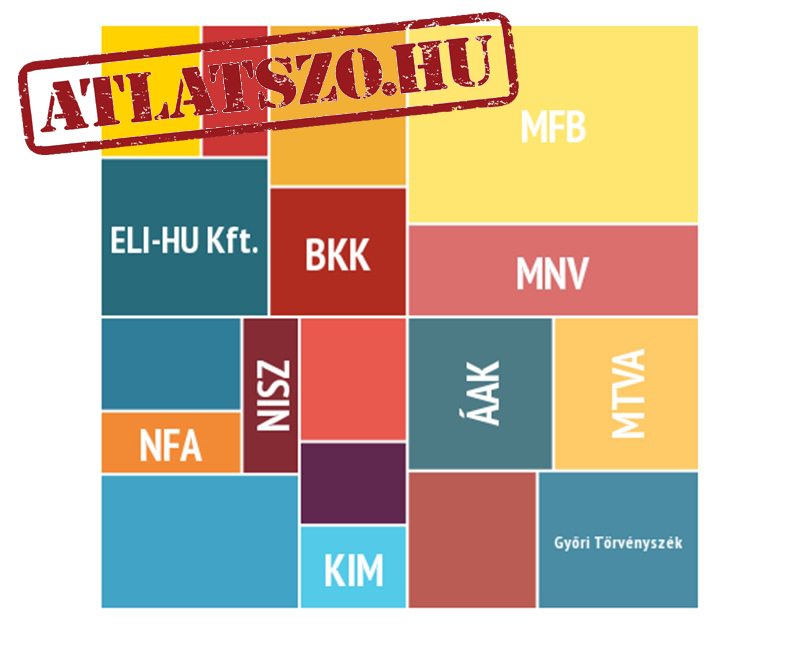The https://english.atlatszo.hu use cookies to track and profile customers such as action tags and pixel tracking on our website to assist our marketing. On our website we use technical, analytical, marketing and preference cookies. These are necessary for our site to work properly and to give us inforamation about how our site is used. See Cookies Policy
Below the radar – avoiding scrutiny in public procurement in Hungary
Public procurement practices in Hungary are characterised by close relationships between many Hungarian state institutions and their networks of friendly contractors, which in turn demonstrate a good and very detailed grasp of the relevant legislation. In essence there is a limit below which government agencies can procure goods and services without having to announce an open call for bids. Since 2011, staying marginally below the threshold brought the well informed suppliers total revenues of almost HUF 6 billion (around 20 million euros).
Paragraph 122 of Hungary’s public procurement law allows state institutions to invite specific suppliers to contract without an open tendering process, where procurements for goods or services are under the value of HUF 25 million (around 82,000 euros). The arguments are simple: the process is faster and there’s no need to involve extensive administration in, what is in the grand scale of things, a minor purchase. This is an approach which has been adopted all too well.

Atlatszo.hu’s investigation into public procurement records found applicants which submitted bids for projects for HUF 24.9 million, HUF 24.99 million, or even HUF 24,999,999 – conveniently just a single forint below the threshold that would warrant a higher degree of scrutiny and competition. The brave, the daring and the privileged.
A detailed review of the records shows that state bodies are happily and regularly signing agreements just below the legal limit with favoured contractors. Governmental agencies involved in this practice include the state debt management agency, the Budapest transport holding company, the state asset management, and the Justice Ministry.
The latter is especially interesting, given that it contracted communication tasks related to the prevention of corruption to a firm which put in a of bid HUF 24.9 million, a figure which seems curiously close to the procurement threshold. Atlatszo.hu has filed formal requests for information relating to this agreement, in addition to several others where the basic facts are similarly curious.
Curious as it may be, the process is wholly legal, because technically, the contract thresholds have not been breached. As such, there is no oversight on how or why the winning bidders were chosen, or how they managed to calculate their costs to within a few forints in order to operate within the legally specified value limits.

